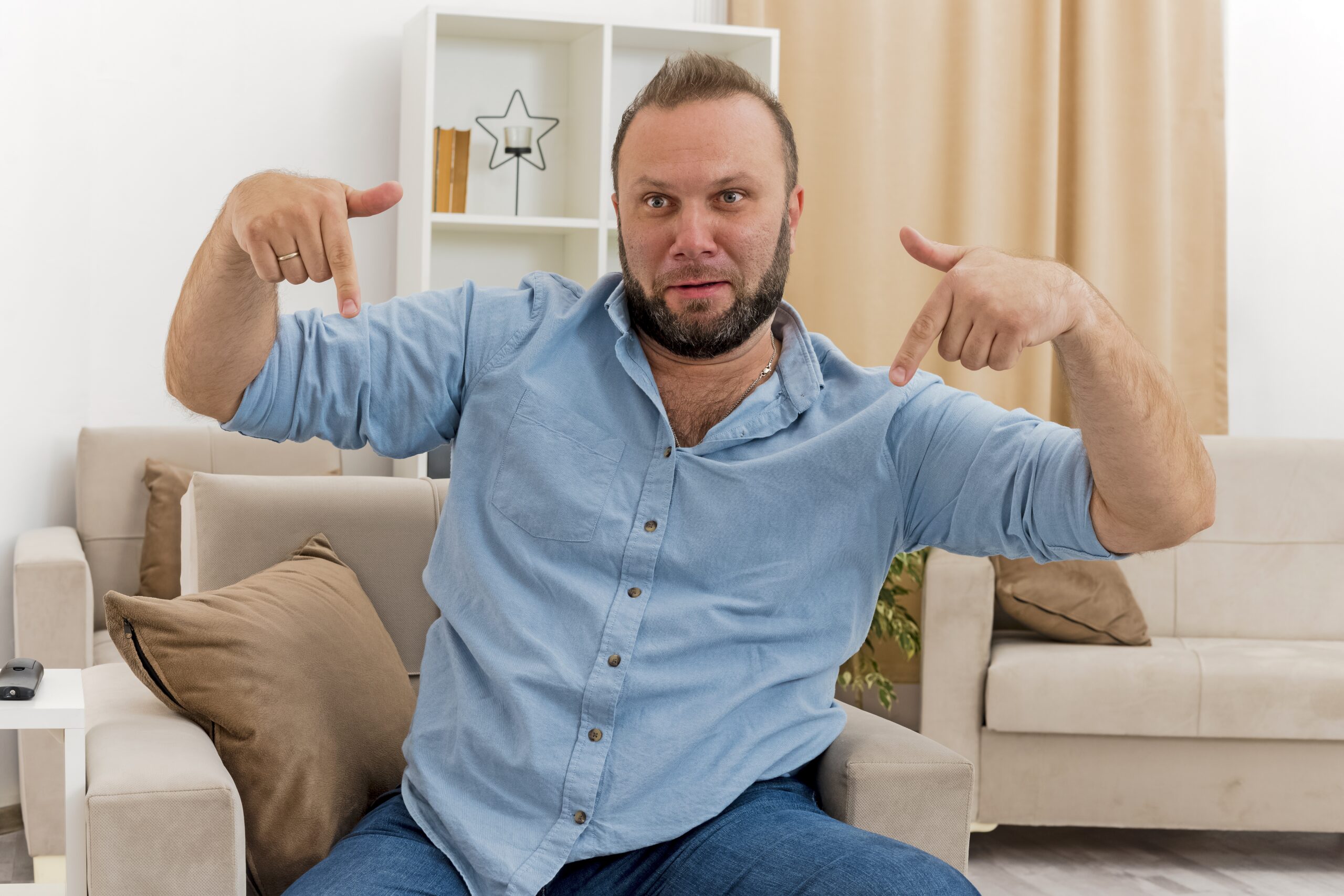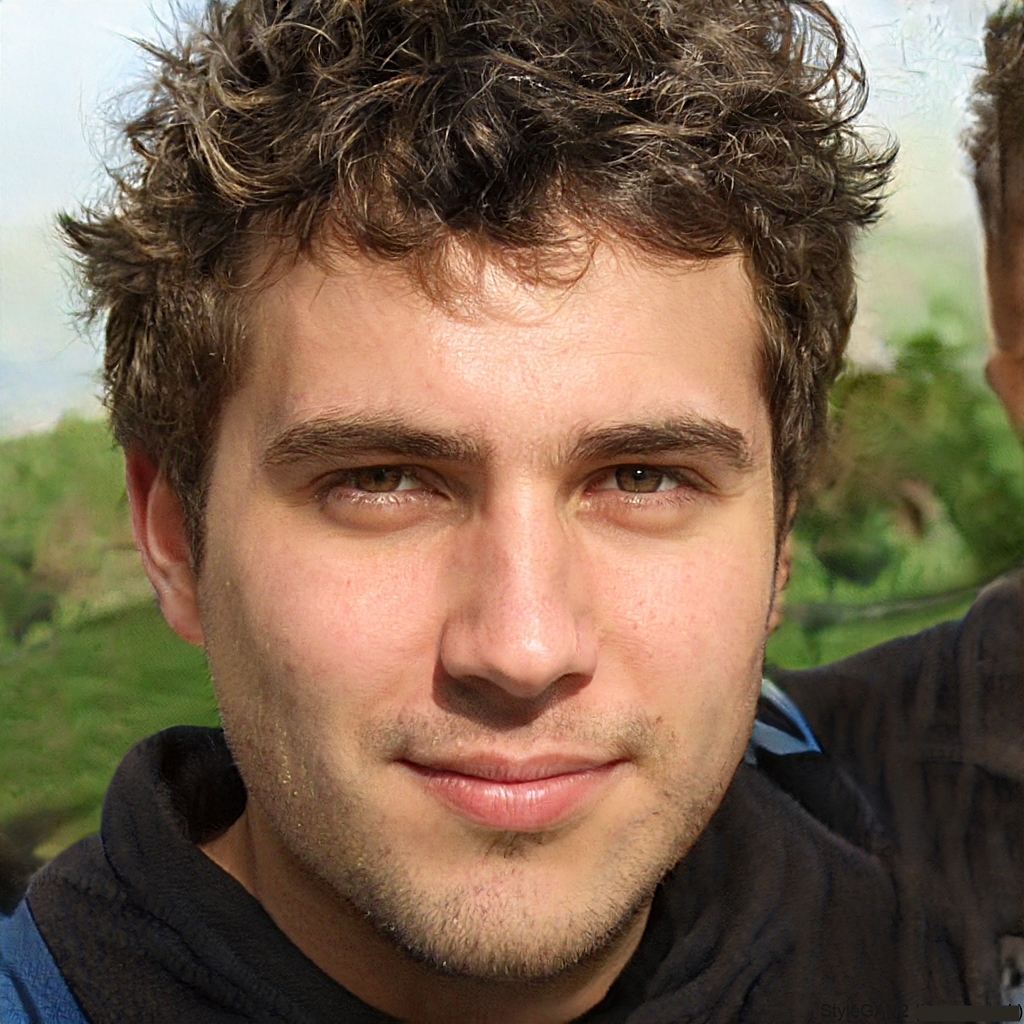If you’re struggling with the dual challenges of low testosterone and anxiety, you may be wondering how to manage symptoms effectively. Low testosterone and anxiety can create a vicious cycle, each exacerbating the other and leading to a range of physical, emotional, and cognitive symptoms that can significantly impact your quality of life. In this guide, we’ll explore the connection between low testosterone and anxiety, as well as practical strategies for managing symptoms and regaining control of your health and well-being.
Understanding the Link Between Low Testosterone and Anxiety
Before delving into how to manage symptoms of low testosterone and anxiety, it’s essential to understand the complex relationship between these two conditions. Testosterone, the primary male sex hormone, plays a crucial role in regulating mood, energy levels, and cognitive function. When testosterone levels fall below the normal range, it can contribute to a variety of psychological symptoms, including anxiety, depression, irritability, and low self-esteem. Conversely, chronic stress and anxiety can also negatively impact testosterone production. When the body is in a constant state of stress, it releases cortisol, a hormone that can interfere with testosterone synthesis and lead to further hormonal imbalances. This bidirectional relationship between low testosterone and anxiety can create a self-perpetuating cycle that can be challenging to break without targeted interventions.
Strategies for Managing Low Testosterone and Anxiety Symptoms
Now that we’ve explored the link between low testosterone and anxiety, let’s look at practical strategies for managing symptoms and promoting overall well-being.
1. Lifestyle Modifications
One of the most effective ways to manage symptoms of low testosterone and anxiety is through lifestyle modifications. Making positive changes to your daily habits can help support healthy hormone levels, reduce stress, and improve overall mental health. Some key lifestyle modifications to consider include:
Regular exercise:– Engaging in regular physical activity, particularly resistance training and high-intensity interval training (HIIT), has been shown to boost testosterone levels and reduce symptoms of anxiety and depression.
Healthy diet:– Consuming a balanced diet rich in whole foods, lean proteins, healthy fats, and complex carbohydrates can help support optimal hormone production and brain function.
Stress management techniques:– Incorporating stress-reducing activities into your daily routine, such as meditation, deep breathing exercises, yoga, or spending time in nature, can help lower cortisol levels and promote relaxation.
Quality sleep:– Prioritizing 7-9 hours of quality sleep each night is essential for maintaining healthy testosterone levels and reducing anxiety symptoms.
Limiting alcohol and caffeine:– Excessive alcohol consumption and high caffeine intake can disrupt hormone balance and exacerbate anxiety symptoms. Aim to moderate your intake of these substances.
2. Testosterone Replacement Therapy (TRT)
For men with clinically diagnosed hypogonadism (low testosterone), testosterone replacement therapy (TRT) may be recommended to help manage symptoms of low testosterone and anxiety. TRT involves administering exogenous testosterone to bring hormone levels back into the normal range, which can help alleviate many of the psychological and physical symptoms associated with low testosterone.TRT can be administered through various methods, including:
- Intramuscular injections
- Transdermal gels or patches
- Subcutaneous pellets
- Oral medications
It’s crucial to work closely with a qualified healthcare provider when considering TRT, as this treatment requires careful monitoring and adjustments to ensure optimal results and minimize potential side effects.
3. Psychotherapy and Counseling
In addition to addressing the hormonal component of low testosterone and anxiety, it’s essential to prioritize mental health support through psychotherapy and counseling. Talking with a licensed mental health professional can help you develop coping strategies, challenge negative thought patterns, and build emotional resilience in the face of stress and anxiety. Some effective forms of psychotherapy for managing anxiety include the following:
Cognitive-behavioral therapy (CBT):– CBT focuses on identifying and modifying negative thought patterns and behaviors that contribute to anxiety.
Mindfulness-based therapies:– These approaches emphasize present-moment awareness and acceptance, helping to reduce stress and promote relaxation.
Interpersonal therapy:– This form of therapy addresses the role of interpersonal relationships in mental health, helping to improve communication skills and social support.
4. Herbal Supplements and Adaptogens
Certain herbal supplements and adaptogens have been traditionally used to support healthy testosterone levels and reduce symptoms of anxiety. While more research is needed to fully understand their efficacy, some promising options include:
Ashwagandha :- An adaptogenic herb that has been shown to reduce stress, improve sleep quality, and support healthy testosterone levels.
Tongkat Ali :- A Southeast Asian herb that may help increase testosterone production and reduce symptoms of anxiety and stress.
Ginseng:- An herb that has been used for centuries to promote energy, reduce stress, and support overall well-being.
Maca:- A Peruvian root vegetable that may help balance hormones and reduce anxiety symptoms.
As with any supplement, it’s essential to consult with a healthcare professional before starting a new regimen to ensure safety and avoid potential interactions with medications.
Frequently Asked Questions (FAQ)
Can low testosterone cause anxiety?
Yes, low testosterone levels can contribute to symptoms of anxiety, as testosterone plays a crucial role in regulating mood and emotional well-being. When testosterone levels fall below the normal range, it can lead to increased feelings of anxiety, irritability, and low mood.
How do I know if my anxiety is related to low testosterone?
If you’re experiencing symptoms of anxiety along with other signs of low testosterone, such as decreased libido, erectile dysfunction, fatigue, and reduced muscle mass, it’s worth discussing your concerns with a healthcare provider. They can perform a blood test to measure your testosterone levels and help determine if low testosterone may be contributing to your anxiety symptoms.
Can treating low testosterone cure anxiety?
While treating low testosterone through lifestyle modifications or testosterone replacement therapy can help alleviate symptoms of anxiety, it may not be a complete cure. Anxiety is a complex condition that can have multiple contributing factors, including genetics, environmental stressors, and underlying mental health conditions. A comprehensive approach that addresses both hormonal and psychological aspects of anxiety is often most effective.
How long does it take to see improvements in anxiety symptoms after starting testosterone therapy?
The timeline for seeing improvements in anxiety symptoms after starting testosterone therapy varies from person to person. Some individuals may notice positive changes within a few weeks, while others may require several months of consistent treatment. It’s important to work closely with your healthcare provider to monitor your progress and make any necessary adjustments to your treatment plan.
Are there any risks associated with testosterone replacement therapy?
Like any medical treatment, testosterone replacement therapy carries some potential risks and side effects. These may include acne, sleep apnea, an enlarged prostate, and an increased risk of blood clots. Your healthcare provider will discuss the risks and benefits of testosterone therapy with you in detail and monitor your health closely throughout treatment to minimize any potential complications.
Key Takeaways
Low testosterone and anxiety share a complex, bidirectional relationship, with each condition potentially exacerbating the other.
Managing symptoms of low testosterone and anxiety involves a multifaceted approach that includes lifestyle modifications, such as regular exercise, a healthy diet, stress management techniques, and quality sleep.
For men with clinically diagnosed hypogonadism, testosterone replacement therapy may be recommended to help alleviate symptoms of low testosterone and anxiety.
Psychotherapy and counseling play a crucial role in managing anxiety symptoms, helping individuals develop coping strategies and build emotional resilience.
Certain herbal supplements and adaptogens, such as ashwagandha, tongkat ali, ginseng, and maca, may help support healthy testosterone levels and reduce anxiety symptoms, but should be used under the guidance of a healthcare professional.
Conclusion
Managing symptoms of low testosterone and anxiety requires a comprehensive, individualized approach that addresses both the hormonal and psychological aspects of these conditions. By working closely with a qualified healthcare team and implementing targeted lifestyle modifications, you can take control of your health and well-being, and experience significant improvements in your overall quality of life. Remember, seeking help is a sign of strength, not weakness. If you’re struggling with symptoms of low testosterone and anxiety, don’t hesitate to reach out to a healthcare professional for guidance and support. With the right tools and strategies, you can overcome these challenges and thrive.
References:
- Aydogan, U., Aydogdu, A., Akbulut, H., Sonmez, A., Yuksel, S., Basaran, Y., … & Saglam, K. (2012). Increased frequency of anxiety, depression, quality of life, and sexual life in young hypogonadotropic hypogonadal males, and the impacts of testosterone replacement therapy on these conditions. Endocrine Journal, 59(12), 1099–1105.
- Giltay, E. J., Enter, D., Zitman, F. G., Penninx, B. W., van Pelt, J., Spinhoven, P., & Roelofs, K. (2012). Salivary testosterone: associations with depression, anxiety disorders, and antidepressant use in a large cohort study. Journal of Psychosomatic Research, 72(3), 205-213.
- Khera, M. (2016). Controversies in testosterone replacement therapy. Asian Journal of Andrology, 18(2), 175–176.
- Lopresti, A. L., Smith, S. J., Malvi, H., & Kodgule, R. (2019). An investigation into the stress-relieving and pharmacological actions of an ashwagandha (Withania somnifera) extract: A randomized, double-blind, placebo-controlled study. Medicine, 98(37), e17186.
- McHenry, J., Carrier, N., Hull, E., & Kabbaj, M. (2014). Sex differences in anxiety and depression: role of testosterone. Frontiers in Neuroendocrinology, 35(1), 42–57.


